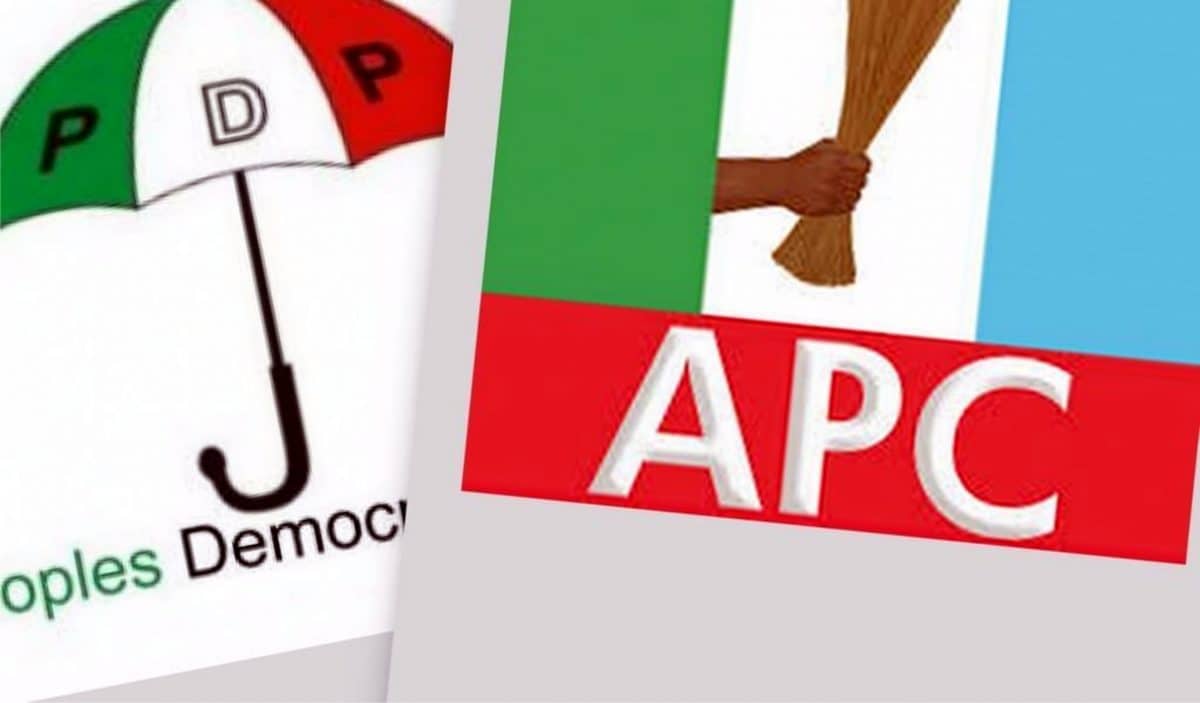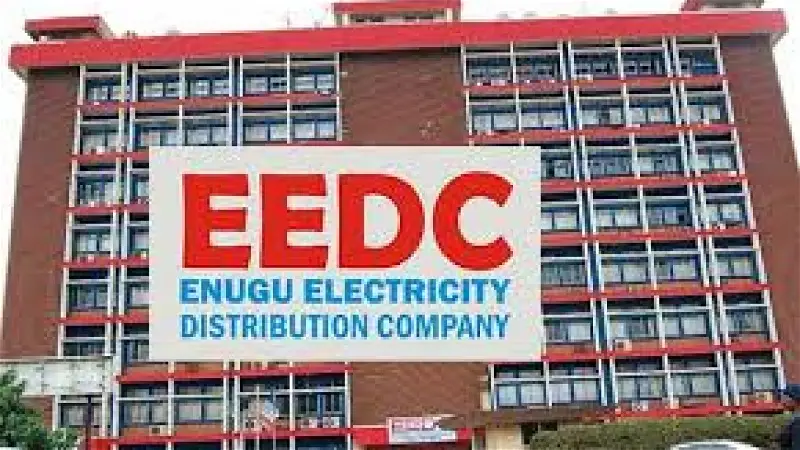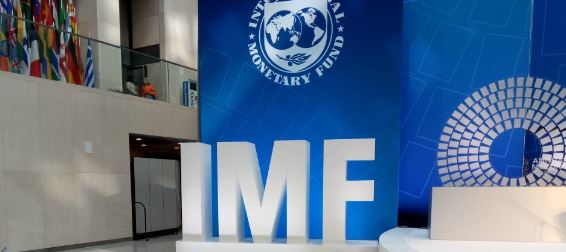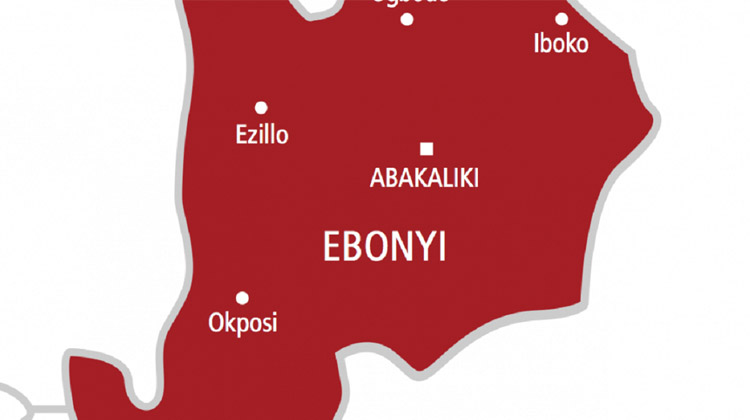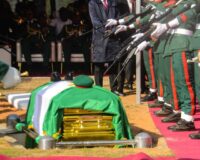By Ibe Pascal
Politics is the gentle art of getting votes from the poor and campaign funds from the rich, by promising to protect each from the other.
To my mind, if we do not get a handle on money in politics and the degree to which big money controls the political process in this country, nobody is going to bring about the changes that is needed in this country for the middle class and working families.
2023, a political season in Nigeria all have been waiting for to rewrite every error of Buhari administration which came in 2015.
Thus , an adminstration which over hyped itself with stories of audio Change in all sector of the economy.
Nigerians didn’t see any.
Political party delegates seems powerful in the deciding the polity of Nigeria.
As expected, many of the leading parties have decided that they would use the indirect mode of primary for the election of their presidential candidates. This seems to be the default mode for both the PDP and the APC. The APC has tried the direct mode of a primary election with disastrous consequences. In its 2018 presidential primary, President Buhari was elected with tens of millions of votes of members. But at the presidential election, less than a year, he could not poll up to half of those tens of millions of votes. We saw the same result in Anambra state in the 2021 gubernatorial primaries and election. Clearly, the mechanics of direct primary as outlined in the electoral act is such that a poorly organized political party cannot manage it at this point in the evolution of electoral democracy without quick improvement in its administrative efficiency. Hence, they resort to indirect primary.
The problem is that the indirect mode of primary is not as easy or routine as the managers of these parties may presume. The tradition in the PDP and the APC has been to define delegates for an indirect primary as officials and other former political leaders of the party. This would include members of the national working committee (NWC), state working committees (SWCs), local government party chairman and woman leaders, the president, the vice president, senate president, deputy senate president, speaker and deputy speaker of state assemblies and the likes. This restricted definition suited the previous legal regime of elections. But the new electoral law has changed the game. But the problem is that the leadership of the parties are playing by the old rule.
The crux of the matter is how to determine who becomes a delegate to the indirect primary. The electoral act makes an express provision on who becomes a delegate to an indirect primary. Section 84(8) of the act expressly provides that: “A party that adopts the system of indirect primary for the choice of its candidate shall clearly outline in its constitution and rule the procedure for the democratic election of delegates to vote at the convention, congress or meeting”. The important phrase is ‘democratic election’. The only valid interpretation of this section is that only delegates elected democratically can vote for a presidential aspirant to become its candidate in a convention or primary. This means that the party is required to make rules that show how the delegates emerge from a democratic election. This knocks off the so-called statutory delegates except as they are specially elected democratically for the purpose of electing a presidential candidate. Clearly, the provision invalidates such so-called ‘delegates’ that are former political office holders including former Presidents, former Governors, etc.
To be a party delegate is now a “venal enterprise”, mostly made up of the youths, is the most lucrative business one can venture into. Before now, party delegates were duly elected, but recently a lot of things has changed, Its has gotten to the extent that people who are not registered members of political parties and who have no business in party affairs are now the ones choosing who will represent us at the party level, while majority of the card carrying members were left out of the exercise. Party delegates are no longer a through representation of the people. The desperation of our politicians to win elections by all means has made the selection of party delegates a charade.
At this defining moment, more than ever before, we have identified perhaps the greatest challenge to our democracy and national prosperity – the poor choices of party delegates. The problem with Nigeria is not the absence of intelligent minds to run our dear country. The perennial problem is the poor choices made by party delegates at successive primary elections. For many, it is a unique opportunity to gain some financial reward for their political toil over the years. Some delegates reserve their votes strictly for the highest bidder, even if such is a brainless moneybag.
The Nigerian electorates become helpless by choices made by delegates at every election. Some delegates do not understand the salience of their roles at the primaries. The problem has never been the lack of eligible or willing electorates but who to vote for. This partly explains the problem of voter apathy in Nigeria.
The much-anticipated 2023 election year is around the corner; with party primaries already scheduled; the moment is here! As seen in previous elections, politicians are confident in their trade of buying delegates. Plans are in top gear to “Dollarise” the primaries. For the moneybags, it’s a done deal. Unfortunately, the hope of competent candidates lies in the hopeful, intelligent choices of the delegates. Across the political spectrum, many have shown interest in becoming, and they have the right to. But Nigerians and the delegates know who the best candidates are…the hope is that money will not win.
Nigeria is at a critical juncture, and we cannot afford to gamble with it. A lot is at stake, the economy needs urgent rescue from total collapse, the security architecture of this country has become grossly ineffective, the educational sector is in chaos, and the health sector is in shambles. Esteemed Delegate, you have a huge responsibility on your shoulders, first to put the country’s interest above yours; to ensure that only competent, trustworthy, and hard-working men and women are on the ballot. This is undoubtedly a lot to ask in a highly capitalized democracy, but can you at least give Nigerians the benefit of quality candidates for once in a long time. The next four years and indeed the future of Nigeria is in your hands; you can either cash out or be different. We hope you would be different.
But on a long run, whether we choose to admit it or not.
Party delegates hold the destiny of Nigeria In their hands.
But most especially, determined by moneybags
As party primaries begin tomorrow, whether PDP or APC, delegates should vote wisely.
Ibe Pascal Arogorn, a journalist, writer and social commentator, writes from Owerri, Imo.

